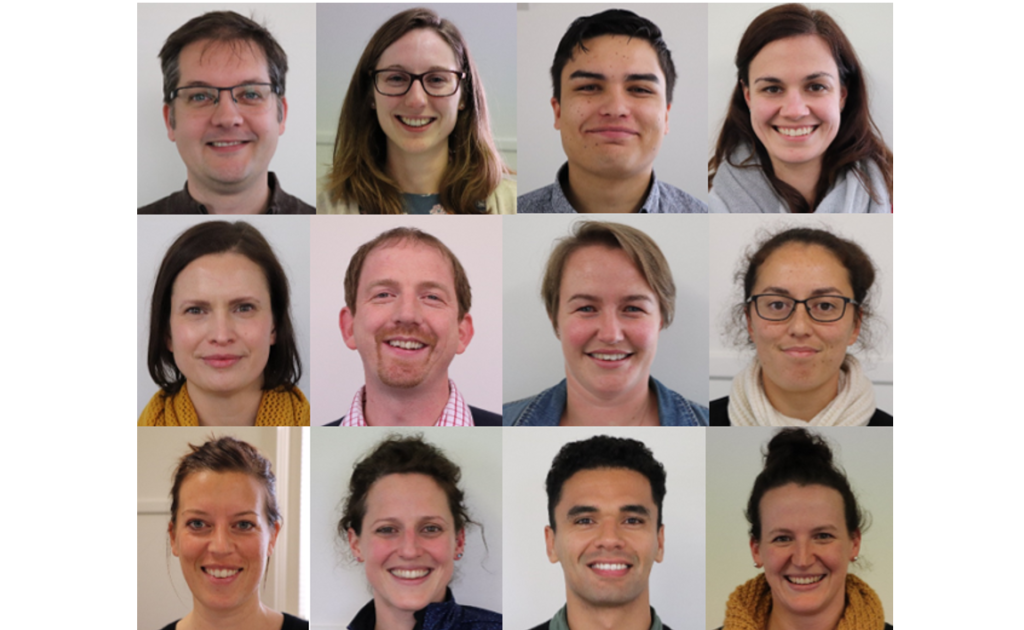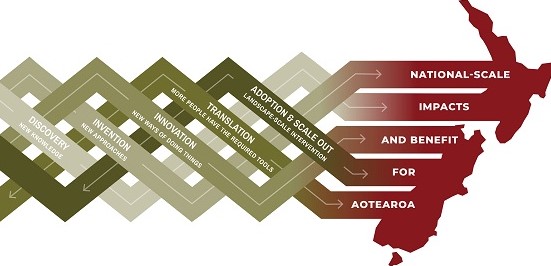Giving our fledglings a voice
An Early Career Scoping Group (ECSG) has been created to enable BioHeritage associates to develop their skills and empower their voices in Tranche 2.

This group joins the other research scoping rōpū (groups) to help guide investment in early-career (EC) perspectives from 2019 to 2024 and to ensure that a diversity of voices are included in future research investments.
Co-organiser Dr Kathryn McRae (AgResearch) says there was a clear need for this group early in the scoping process.
“When we received the expressions of interest, there were many talented, passionate early career people that had their hands up to help with the strategy. So [the directors] Melanie and Andrea decided that since we were talking about changing the system, why not get a group of these EC people in to talk about what a changed system for ECs would look like, and how the Challenge could help.”
Placing the emphasis on ‘early career’ rather than ‘early career researchers’, this group also encompasses fields such as government agencies and communications, in recognition that it takes much more than scientific research to reverse the decline of Aotearoa’s biological heritage.
Fellow organiser Dr Helen Warburton (University of Canterbury) says the people in the early career space have a huge amount to offer.
“I would love to be able to articulate some clear needs/current gaps in the EC field and highlight how the Challenge can help support and foster in this space. As well as provide opportunities to bring along these ECs on the BioHeritage journey!”
The ECSG met for the first time in June, with the aim of introducing everyone and starting the process of mapping what the biosecurity and biodiversity worlds look like from an EC point of view.
This is the first of two meetings this year and at the end of the second, organisers Helen and Kathryn hope to have a clear statement of where the Challenge can help ECs have a voice and a legacy in New Zealand’s science system.
The ECSG’s job now is to take the conclusions of their first kōrero (discussions) out to their networks, to see if they’re a fair representation of what’s going on in the real world.
Many of the 12 attendees will also be spread throughout the research scoping groups, to ensure the early career voice is included in wider Challenge conversations.

